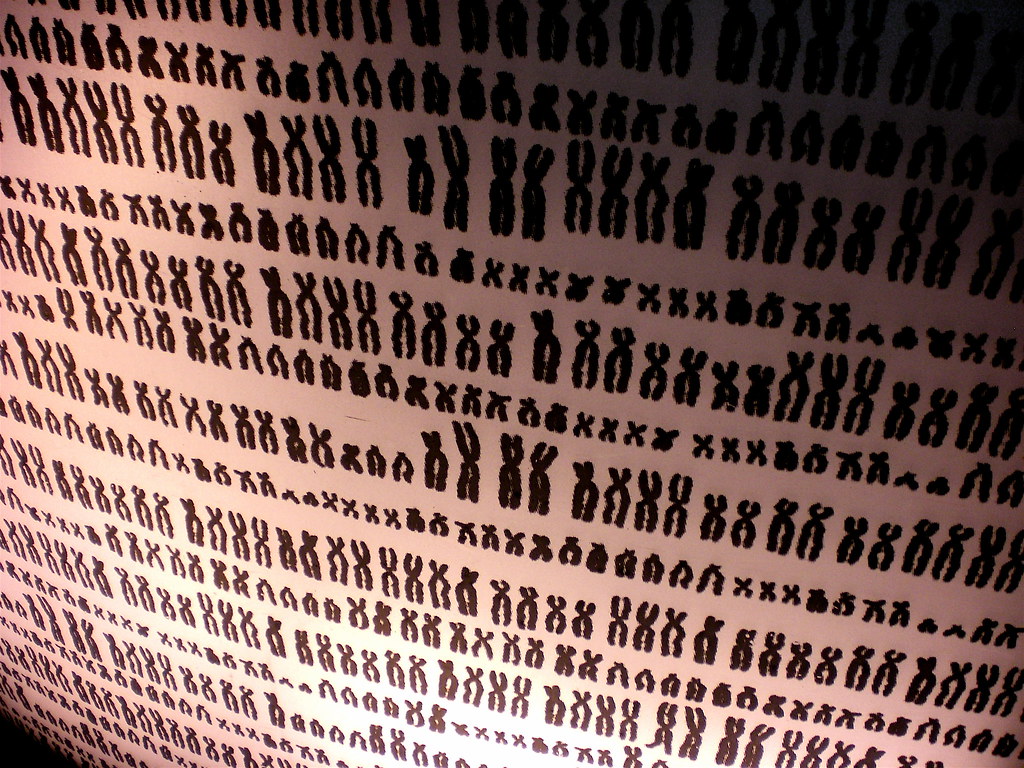| A sample from the ink blot test. |
I hope to talk about why it is important that we try harder as a society to understand the nuances of topics within psychology because the more we know about psychology the more useful it can be. I think about how much stigma was associated with mental health treatments in the 50s and 60s, how people who went to see a psychologist were “crazy” or you can even watch episodes of Cheers (a show from the 1980s) and listen to them talk about sending Diane to the “loony-bin”. Today I think we are much better about helping people with mental health issues, but I think that as the public continues to really understand things about psychology rather than just picking out interesting tidbits we can see psychology more like a science and less like a mystical art, and people will be better able to use it to get better.














